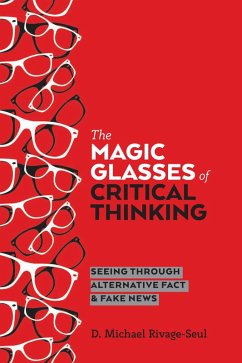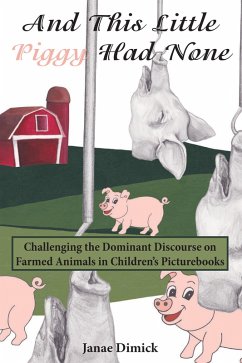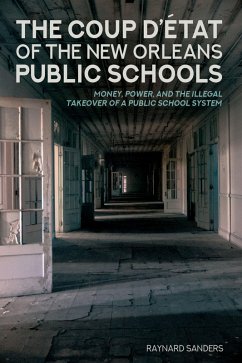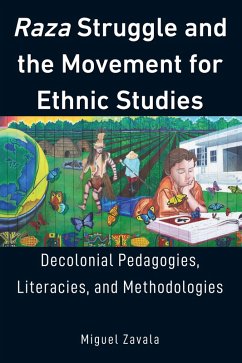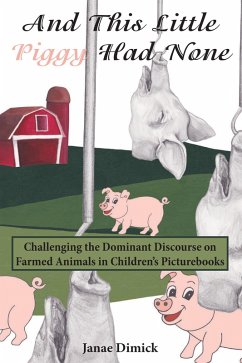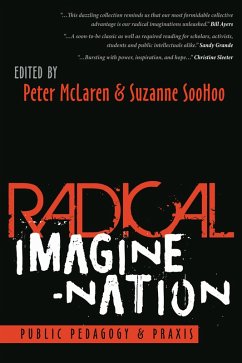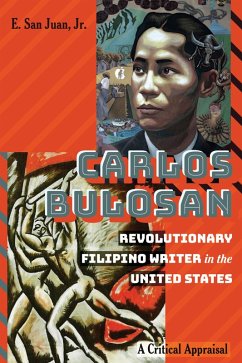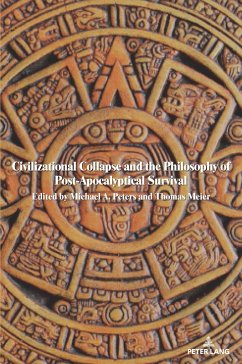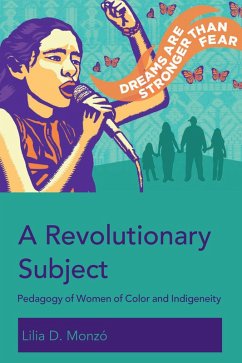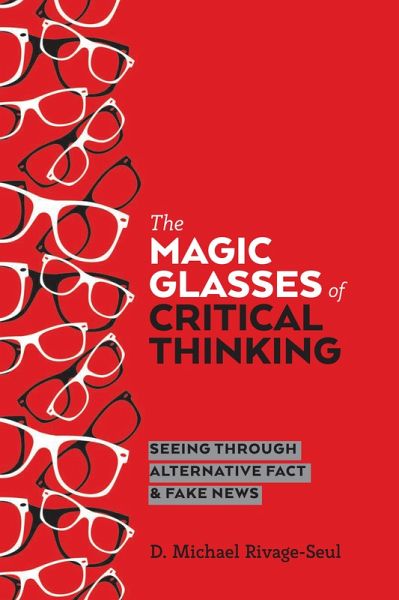
The Magic Glasses of Critical Thinking (eBook, ePUB)
Seeing Through Alternative Fact & Fake News
Versandkostenfrei!
Sofort per Download lieferbar
Statt: 52,40 €**
39,95 €
inkl. MwSt.
**Preis der gedruckten Ausgabe (Broschiertes Buch)
Alle Infos zum eBook verschenkenWeitere Ausgaben:

PAYBACK Punkte
20 °P sammeln!
D. Michael Rivage-Seul's eye-opening new book, The Magic Glasses of Critical Thinking: Seeing Through Alternative Fact & Fake News, invites readers to try out what Baba Dick Gregory calls the "magic glasses" of critical thinking. Gregory's eyewear suggests ten rules for seeing through the haze created by any culture's ruling group mind. The criteria urge students to: (1) reflect systemically, (2) select market (as an organizing principle), (3) reject neutrality, (4) suspect ideology, (5) respect history, (6) inspect scientifically, (7) quadra-sect violence, (8) connect with your deepest self, ...
D. Michael Rivage-Seul's eye-opening new book, The Magic Glasses of Critical Thinking: Seeing Through Alternative Fact & Fake News, invites readers to try out what Baba Dick Gregory calls the "magic glasses" of critical thinking. Gregory's eyewear suggests ten rules for seeing through the haze created by any culture's ruling group mind. The criteria urge students to: (1) reflect systemically, (2) select market (as an organizing principle), (3) reject neutrality, (4) suspect ideology, (5) respect history, (6) inspect scientifically, (7) quadra-sect violence, (8) connect with your deepest self, (9) collect conclusions, and (10) detect silences. The Magic Glasses of Critical Thinking then applies those criteria to a broader contemporary context where fascist tendencies reminiscent of the 1930s are unmistakable. Surprising interpretations of familiar Hollywood and documentary films illustrate every point, making this book a fascinating text and discussion starter for critical thinking and composition courses at the secondary and post-secondary levels.
Dieser Download kann aus rechtlichen Gründen nur mit Rechnungsadresse in A, D ausgeliefert werden.




